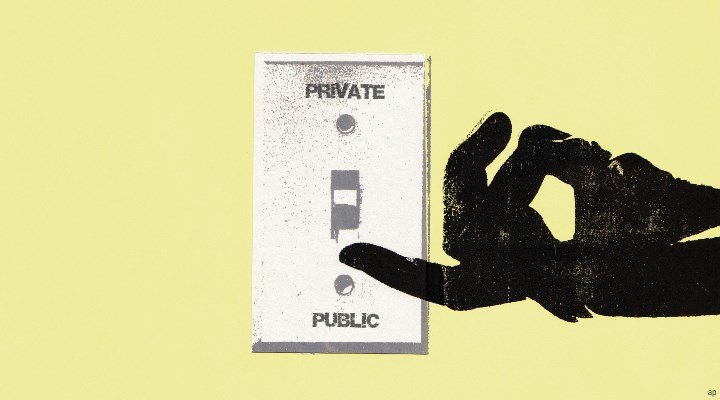
News of Tesla CEO Elon Musk buying Twitter has been hard to avoid in the past two weeks.
After acquiring a 9% stake in the social media company earlier this spring, Twitter announced it had entered into a definitive agreement to be acquired by an entity wholly owned by Musk.
You can read more about the deal in our detailed coverage, but let's summarise the facts. Twitter, currently listed under the ticker TWTR on the Nasdaq, has been acquired by Musk for US$54.20 per share in a transaction valued at approximately US$44 billion. Upon completion, Twitter will be a private company once more.
According to PitchBook data, the deal is the largest since Dell bought data storage company EMC in 2016. That agreement was worth a record-breaking US$67 billion, and private equity firm Silver Lake provided the required equity backing.
This deal only involves the controversial billionaire, though. In a PitchBook article, editor James Thorne explains why it stands out. Musk’s wealth is the bedrock of the financing here; he is providing $21 billion in an equity commitment and has secured an additional US$25.5 billion accessible through debt and margin loan financing. There are also no financing conditions to the closing of the transaction.
Although this is a landmark deal, it's not the first time Musk has been public about taking a company private. In 2018, he famously tweeted about taking Tesla private at US$420 per share, valuing it at an estimated US$72 billion. That deal flamed out and resulted in Musk paying US$20 million to the SEC and stepping down from the Tesla board. Thorne writes that, in hindsight, it would have been a prime deal: the automaker's market capitalisation is now about US$1 trillion.
Why are so many companies being taken private? Here are the pros and cons of buying out the public's interest:
The Pros
The most obvious benefit for shareholders is that buyers usually offer a price above the company’s existing share price - as was the case with Twitter. Not a bad deal for shareholders.
Businesses also often find it easier to restructure away from the demands of being a stock market listed company. Tough decisions on jobs or strategy don’t have to be put to millions of shareholders and the company doesn’t need to report results every quarter (or pay out dividends).
A struggling or failing company can be put up on the blocks and problems fixed – which usually involves an injection of cash – before being sold back to investors. As our explainer on private equity shows, firms that take companies off the market are looking for a return just like any investor.
Finally, being taken private is often not a one-way street, so retail investors can often get the chance to own a company again, often as part of a new and bigger group.
The Cons
As a retail investor you are missing out on the company’s future growth.
Likewise, buyouts mean fewer companies for investors to choose from, which means less choice for funds, pension schemes and indices. This also matters for income investors, who rely on listed companies to pay dividends.
From an ESG point of view, being public also brings a level of accountability that can improve a company’s relationship with workers and wider communities. Uber, for instance, had to upgrade drivers’ terms and conditions when it went public.
It’s easy to get real-time information on what listed companies are worth and what you’d get if you sold them today. But valuing private companies is much harder because there isn’t as much information on sales, profits and how products are performing.







.jpg)
:quality(80)/cloudfront-us-east-1.images.arcpublishing.com/morningstar/OSPGGQHXJVCGLBHR5CUUQWH3NQ.png)











